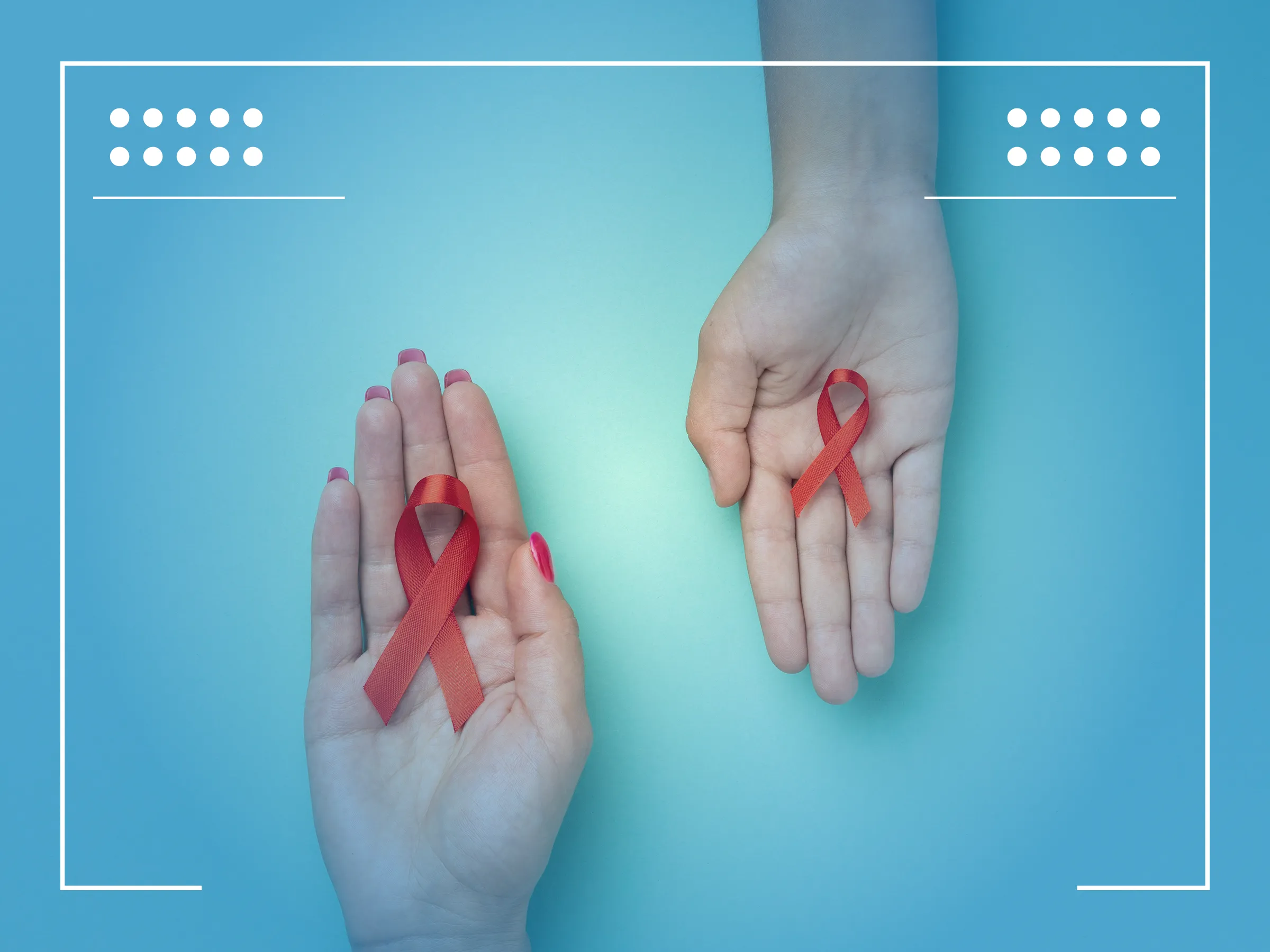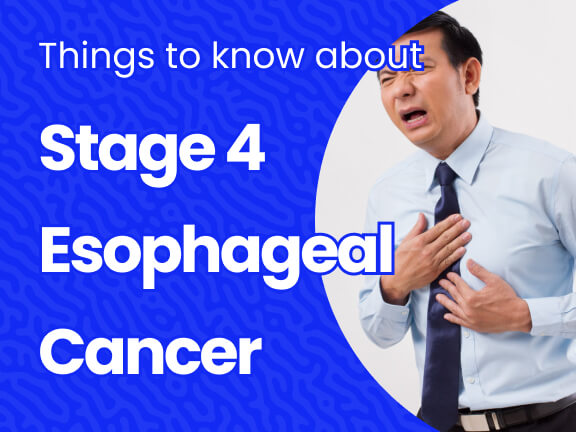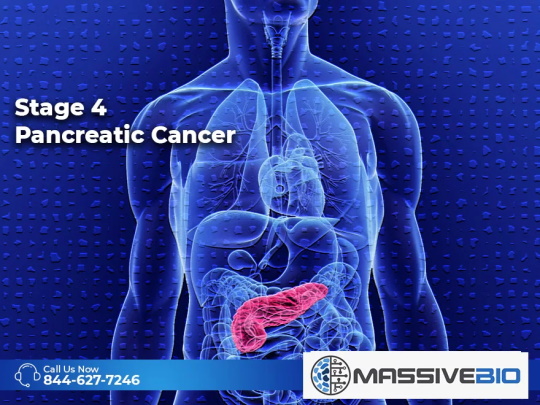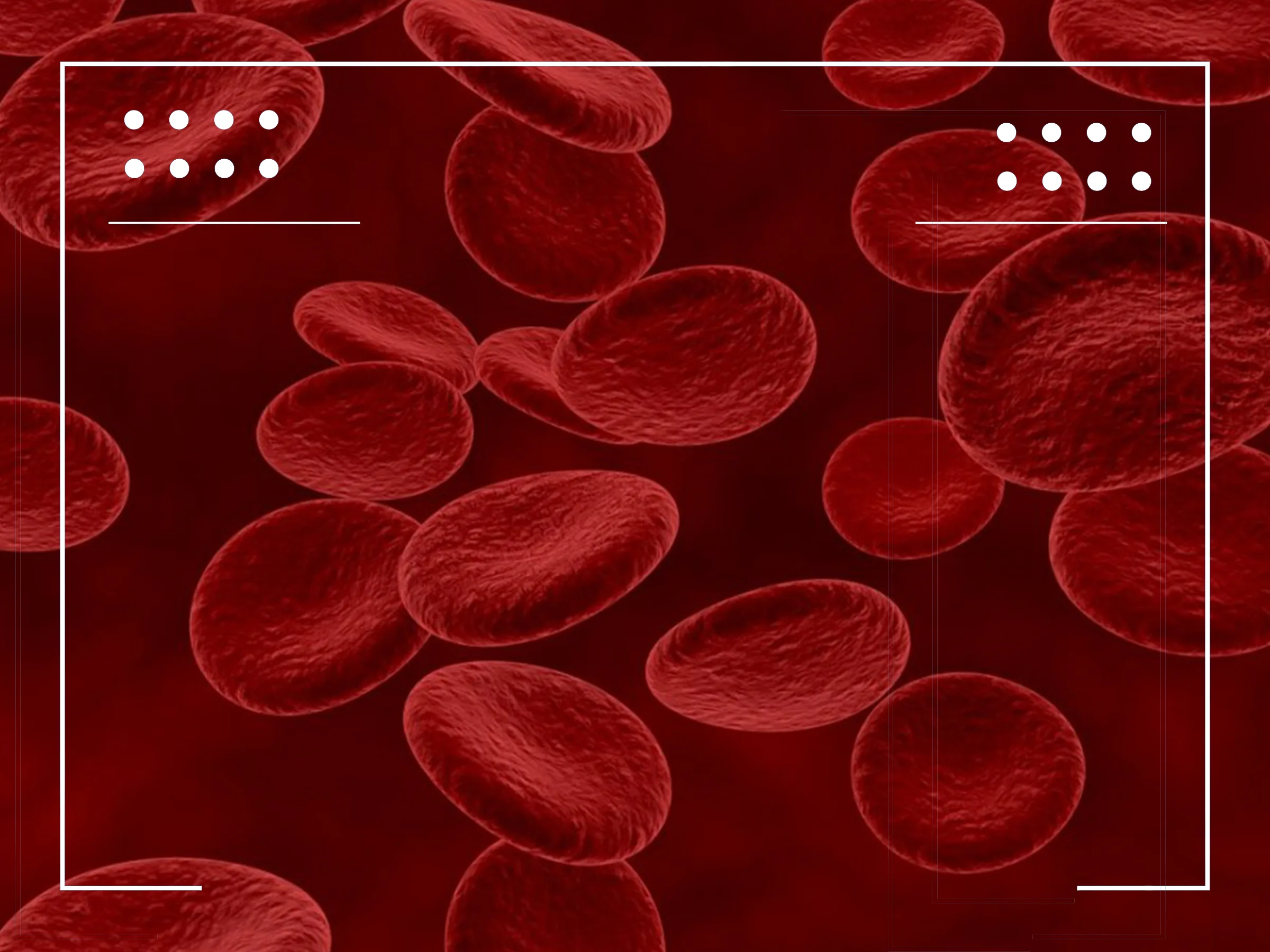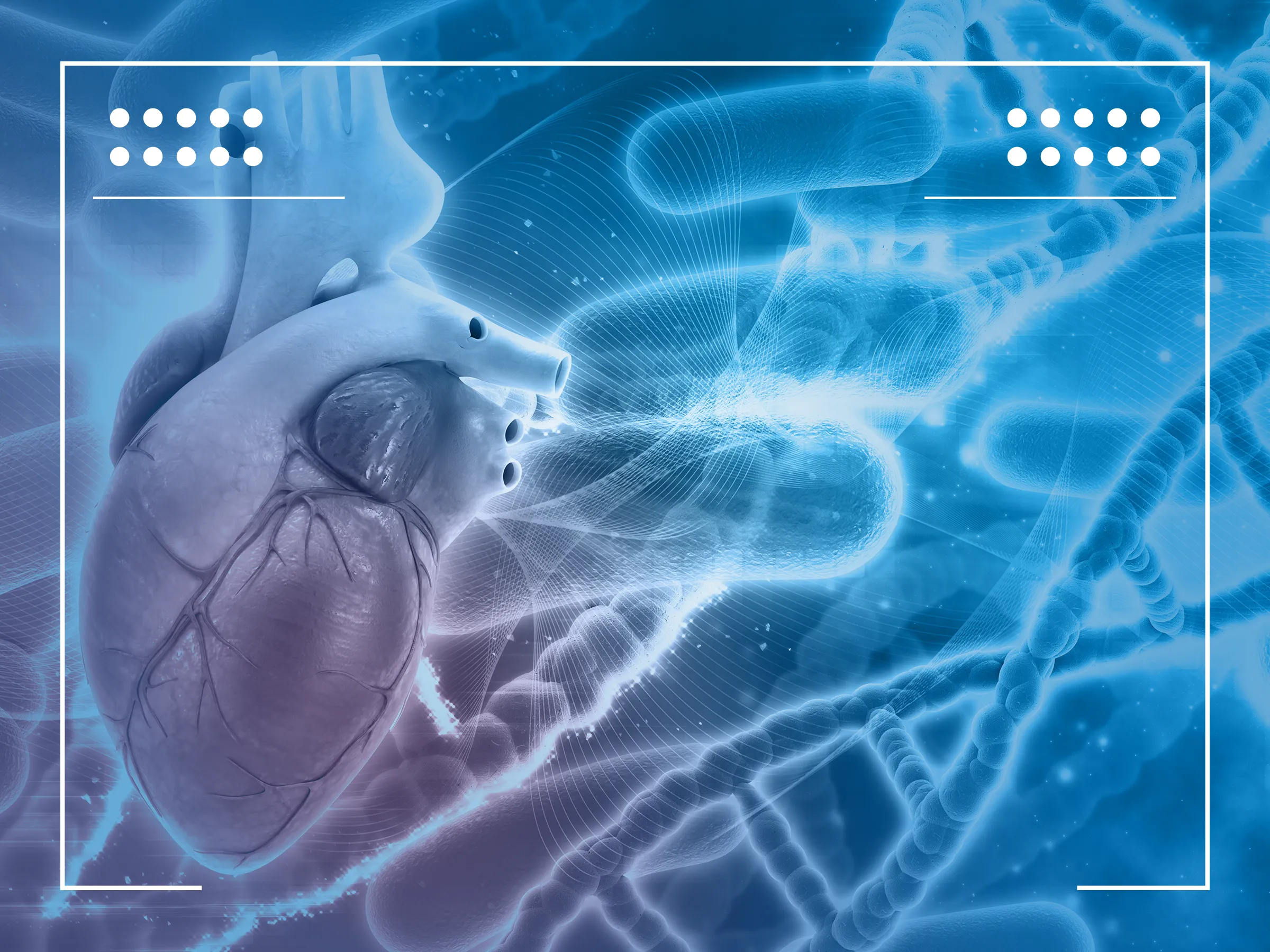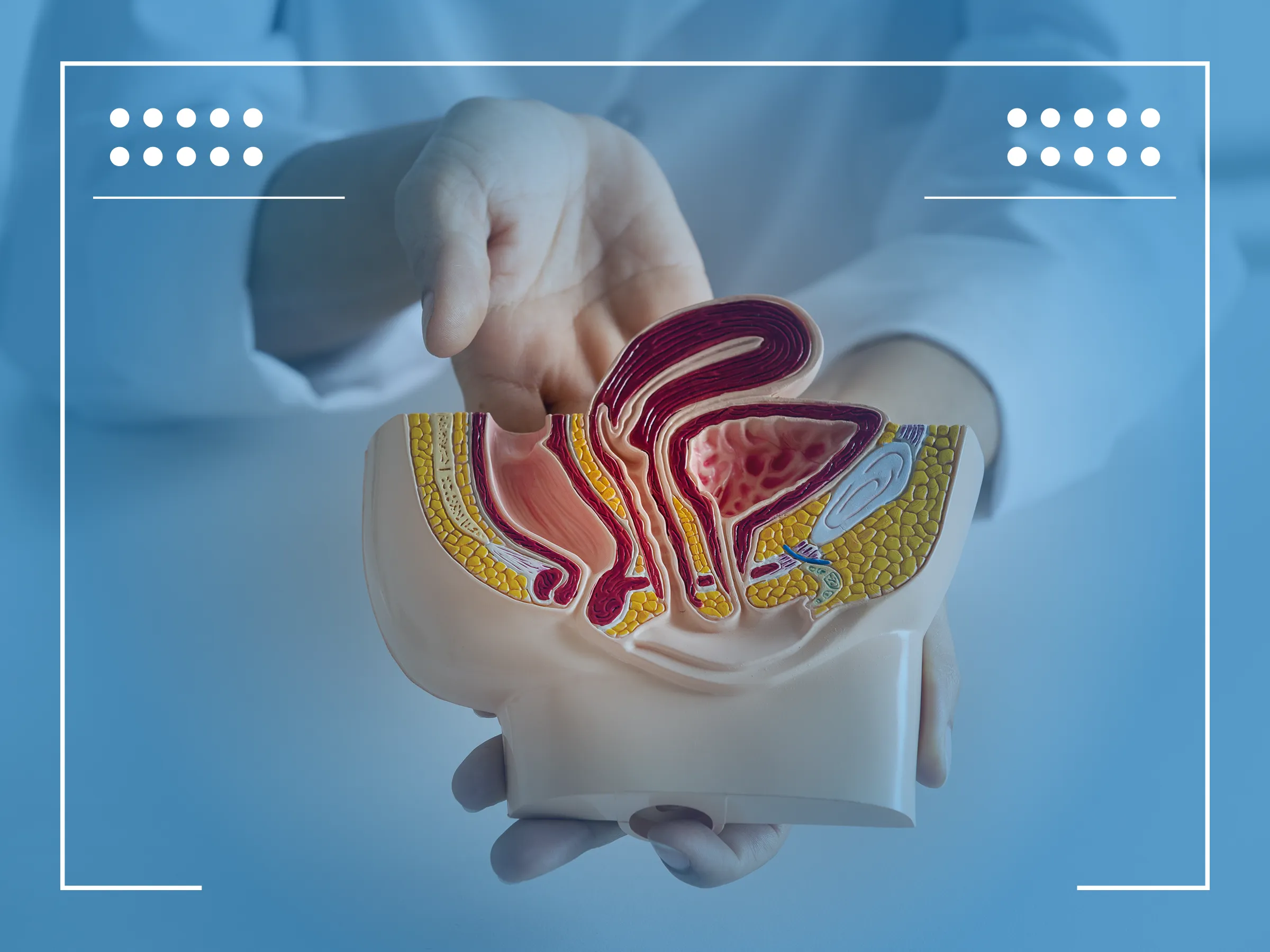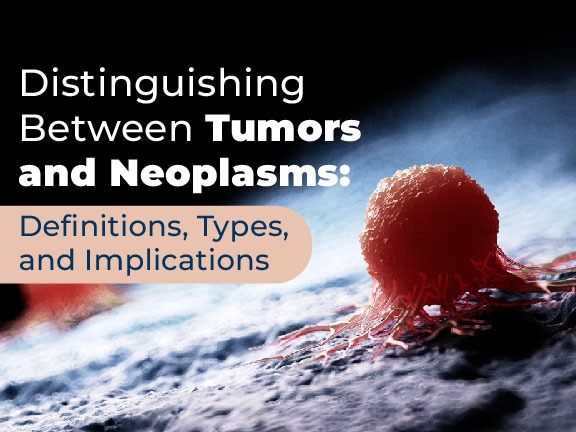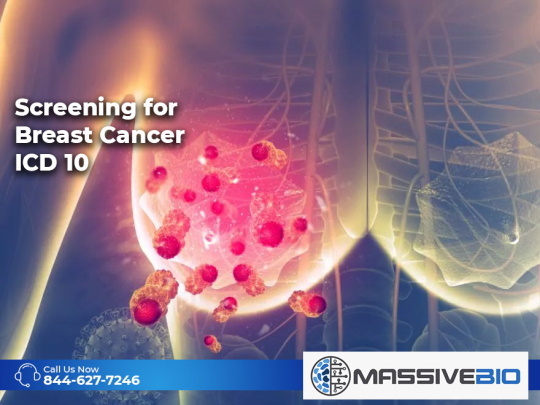Anal cancer symptoms include rectal bleeding, pain, itching, or a lump in the anal area. Some people may also experience changes in their bowel habits, such as more frequent stools or stools that are narrower than usual.
Anal cancer symptoms should not be ignored, as early detection plays a key role in the effectiveness of treatment. Alongside the more common signs like bleeding and itching, individuals might also notice a discharge from the anus or feel that their bowel doesn’t empty completely after going to the toilet. Unexplained weight loss and fatigue are general symptoms that can accompany more advanced stages of many cancers, including anal cancer.
Anal cancer is characterized by the formation of malignant (cancerous) cells in the cells lining the inside of the anus (anal canal) or in the skin cells outside the anus (anal margin). It is one of the rarest cancers worldwide, but the number of cases has increased in recent years.
Possible risk factors for this disease include:
- Some types of HPV can cause anal cancer.
- Smoking increases the risk of anal cancer.
- It is usually more common in people over the age of 50.
- Multiple sexual partners and a history of sexually transmitted diseases can increase the risk.
- Conditions that weaken the immune system, such as HIV/AIDS, may increase the risk.
Symptoms of Anal Cancer
Anal cancer is a type of cancer that begins in the tissues of the anus, the opening at the end of the rectum through which stool leaves the body. Recognizing the signs and symptoms of anal cancer is crucial for early diagnosis and treatment. One of the common symptoms is an itchy anus cancer situation, where the patient experiences persistent itching in the anal region. This symptom, along with others like bleeding, pain, and the presence of an anal cancer lump, should prompt further medical investigation.
The causes of anal cancer can vary, but a significant risk factor is infection with certain types of Human Papillomavirus (HPV). Thus, understanding what causes anal cancer is essential for prevention and early detection. It’s important to differentiate between anal cancer and other types of cancer that can affect nearby areas, such as colorectal cancer symptoms, which may include changes in bowel habits and blood in the stool, but originate in the colon or rectum.
Other related conditions include adenocarcinoma, a type of cancer that forms in mucus-secreting glands throughout the body, including the anal canal. Adenoid cystic carcinoma is another rare type of cancer that can occur in various body parts, including the anal region, though it’s more commonly found in the head and neck area.
It’s also vital to differentiate anal cancer from conditions affecting different body parts but might share some similar symptoms. For example, testicular cancer reasons and symptoms can be quite different, involving lumps or swelling in the testicles, rather than the anal area. Similarly, HPV colon cancer symptoms refer to issues caused by HPV in the colon, distinct from anal cancer but still within the broader category of cancers potentially caused by HPV.
One symptom that often raises concerns is an itchy anus cancer symptom, which might be mistakenly attributed to less serious conditions like hemorrhoids or anal fissures. However, if this itchiness is accompanied by other signs like a lump, bleeding, or pain, it might indicate something more serious. Fissure cancer symptoms, for example, can sometimes be confused with simple anal fissures, but cancer can cause similar discomfort.
When discussing what are the symptoms of anal cancer?, it’s important to note that early stages of anal cancer may not present any symptoms at all, or the symptoms might be vague and similar to those of less serious conditions. This underscores the importance of regular medical check-ups and reporting any unusual or persistent changes to your health care provider.In conclusion, being aware of the symptoms and potential causes of anal cancer is key to early detection and treatment. Whether it’s an itchy anus cancer symptom, an anal cancer lump, or other related signs, prompt medical attention can lead to better outcomes. Understanding the difference between anal cancer and other conditions, such as colorectal cancer symptoms or adenocarcinoma, is also crucial.



